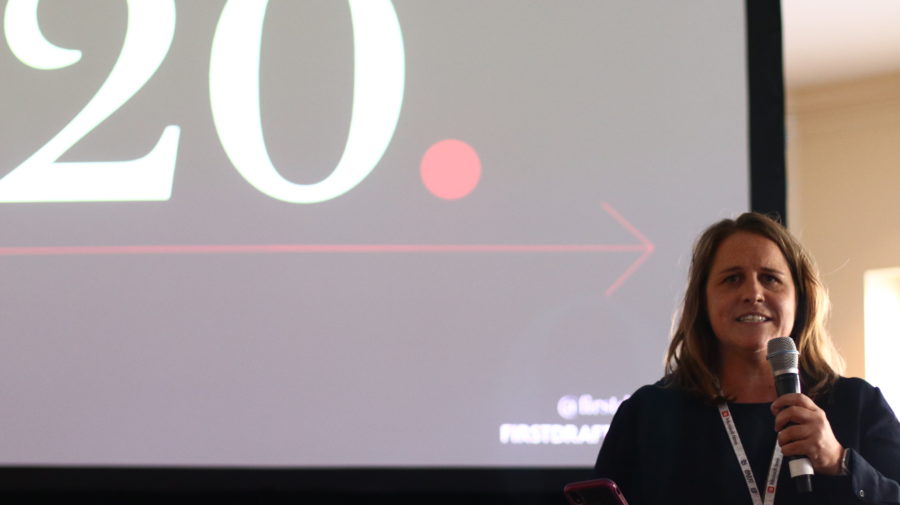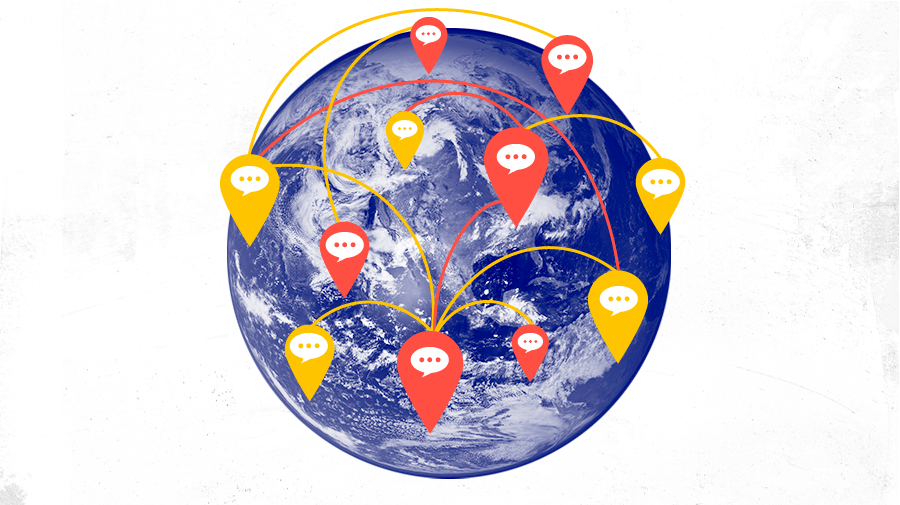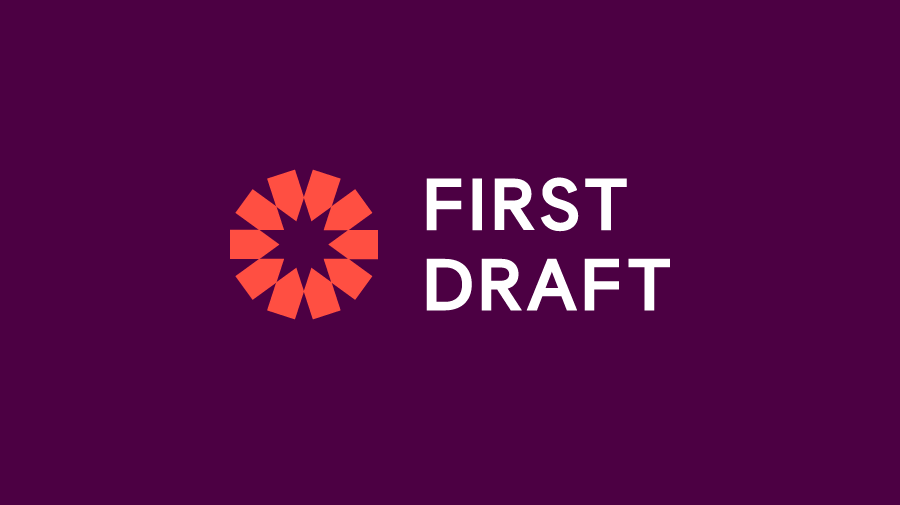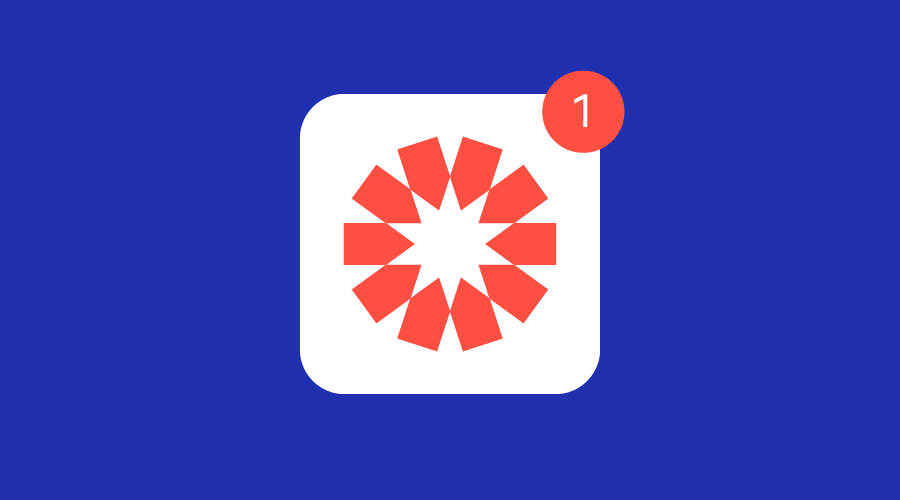As part of its global CrossCheck initiative, journalism non-profit First Draft is launching a year-long, nationwide strategy for supporting the verification and reporting of online information relating to the 2020 US presidential election.
An April 2019 study found that only 15% of journalists at regional and national publications in the US have received training in how to combat the effects of false information. First Draft intends to fill this gap and reach every journalist in every state over the next year through on- and offline events and initiatives.
With a $1.5 million gift from Craig Newmark Philanthropies and renewed support from the Google News Initiative, First Draft will offer free training and technological support to help build newsroom resilience against manipulation campaigns. It will also encourage collaboration between journalists who work at local, regional, and national levels.
“For all of the talk since the 2016 election, many newsrooms have not been given the training and support they need to discover, verify and investigate content that emerges online, whether that’s a manipulated image, a leaked document, a fake account, or an automated network,” said Claire Wardle, co-founder of First Draft. “These skills are urgently needed in newsrooms around the country, and that is why we are launching CrossCheck in the US.”
The wide-ranging expansion of CrossCheck to the US will:
- Help newsrooms prepare to handle coordinated disinformation attacks through simulated information-crisis events;
- Train journalists in using the latest tools and techniques for digital investigations;
- Provide a platform for journalists, topic specialists, researchers and community leaders to work together to identify and verify concerning and disputed content, and develop strategies for informing the public;
- Drive conversations on the journalistic ethics and principles of reporting on disinformation.
Newsrooms can nominate their teams to become members of CrossCheck free-of-charge by completing an online form. As members, newsrooms will have access to training resources, monitoring tools, verification assistance, regular webinars, a database of previously crosschecked reports, and alerts for escalating content and claims.
“Today’s technology contributes a lot to the common good, but it also does serious harm in amplifying and masking the spread of disinformation,” said Craig Newmark, founder of craigslist and Craig Newmark Philanthropies. “Many journalists and newsrooms want to tackle this issue head-on, but they don’t necessarily have the resources or expertise to do so—and that’s where First Draft comes in.”
The nascent election period has already seen a manipulated video of House Speaker Nancy Pelosi; a viral tweet connecting Beto O’Rourke to the shooter in Odessa, Texas; a call to boycott the Olive Garden restaurant chain based on false rumours that it is funding President Trump’s re-election campaign; and a new network of websites launched by political consultants to look like local news coverage of the races on which they are working.
More recently, Facebook refusal to ban false claims political advertising and new research found more and more governments around the world use social media to deceive or manipulate the public in their own countries or elsewhere.
Journalists face urgent, evolving challenges during elections because they are targeted with hoaxes and deliberate manipulation. First Draft’s experience covering elections in Australia, Brazil, France, Germany, Nigeria, Spain, the UK, and the US has shown that collaboration and communication are central to improving reporting and helping voters make informed choices.
“Attempts to disrupt democracy and divide nations during election periods come in many forms, and an effective response requires time, expertise, reach and resources,”said Jenni Sargent, co-founder and managing director of First Draft. “The threats are complex, and for those who are not fully immersed in monitoring online spaces, there is real benefit to connecting with and learning from others.”
“By supporting newsrooms with fewer resources and working closely with communities across the country, we can limit scaremongering and properly engage the public.”
As efforts to mislead voters have become increasingly prevalent and sophisticated, the CrossCheck projects have shown there are considerable benefits to newsrooms working together. Sharing information and pooling skills, resources and expertise can significantly reduce the duplication of work and support the rapid and coordinated response to a rising tide of falsehoods.
The collaborative CrossCheck model also provides an effective defense against campaigns seeking to undermine trust in media as participants can alert and support each other in real time when deliberate tactics are identified.
This extension of CrossCheck is a pillar of First Draft’s continued partnership with the Google News Initiative, which was a founding partner when First Draft launched as a coalition in 2015.
“We’re proud to support First Draft as they bring CrossCheck tools, training and simulation workshops to journalists across the United States,” said Matt Cooke, head of partnerships and training at the Google News Lab. “As a founding partner, we’ve seen the benefit of their work across the world as they collaborate with journalists from Europe to Brazil to fight disinformation.”
Stay up to date with First Draft’s work by becoming a subscriber and following us on Facebook and Twitter.






